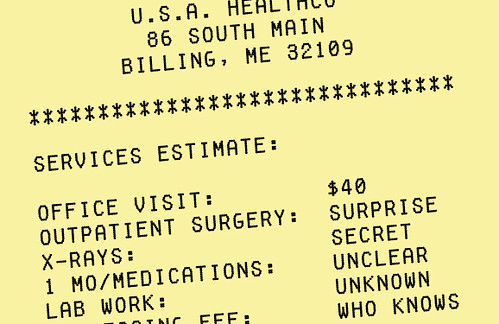Any Day Now: Supreme Court Decision on Health Care
By
Mattea Kramer
Posted:
|
Health Care
The Supreme Court is expected to announce any day now its ruling on the constitutionality of the Affordable Care Act, the 2010 health care reform legislation. The central question of the case is whether Congress has the authority to require Americans to purchase health insurance.
One reason lawmakers passed the Affordable Care Act was to try to drive down the costs of health care. That's because health care costs have been rising sharply for just about everyone. Health care has gotten more expensive for Americans who buy private insurance; it's gotten more expensive for people in other industrialized nations; and it's gotten more expensive for the U.S. Treasury, which pays the bills for Medicare – the federal health insurance program for senior citizens – and foots some of the bills for Medicaid, the health insurance program for low-income Americans. Health care costs have risen so much that Medicare, Medicaid, and other health programs are projected to account for 24 percent of the U.S. federal budget in fiscal 2013.
As we wrote back in March when we unpacked President Obama's 2013 budget proposal, there are many reasons why health care costs are rising, and there are numerous myths about rising costs. You might be surprised to hear that the number one driver of rising costs is the advance in medical technology. To read more about that, check out Health Spending in the President's Budget. This is also something we cover in our new book A People's Guide to the Federal Budget. Because these days, it's hard to talk about the federal budget without dealing with health spending.

And that's why we're eager to know the Supreme Court's decision.
